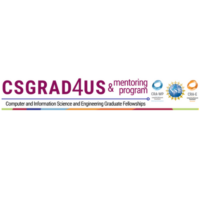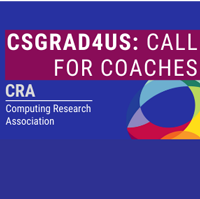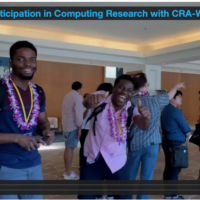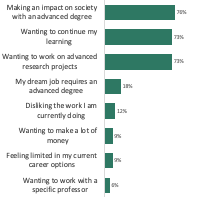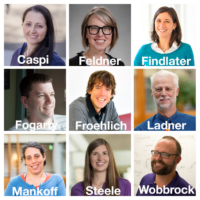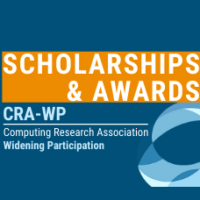Expanding the Pipeline: Distributed REsearch Apprenticeships for Master’s (DREAM)
The Distributed REsearch Apprenticeships for Master’s (DREAM) is a pilot NSF program being offered by a nationwide consortium of colleges and universities that have created “bridge to MS in CS” programs for students with non-CS bachelor’s degrees. Schools in the MSCS Pathways to Computing Consortium provide a new pathway for people who studied something other than CS as undergraduates to enter the tech field. The strong emphasis of this effort is to provide a new pathway into computing for individuals from populations historically minoritized in tech (women, LGBQTIA, Black/African American, Hispanic/Latino, Native American/Hawaiian/Alaskan/Asian Pacific Islander students, and students with disabilities). Consortium members sign a membership agreement that, among other things, confirms their commitment to increasing the diversity of their graduate programs. Students in these Consortium pathways come from a wide array of undergraduate backgrounds that span the STEM disciplines, humanities, social sciences, business, and the arts.


